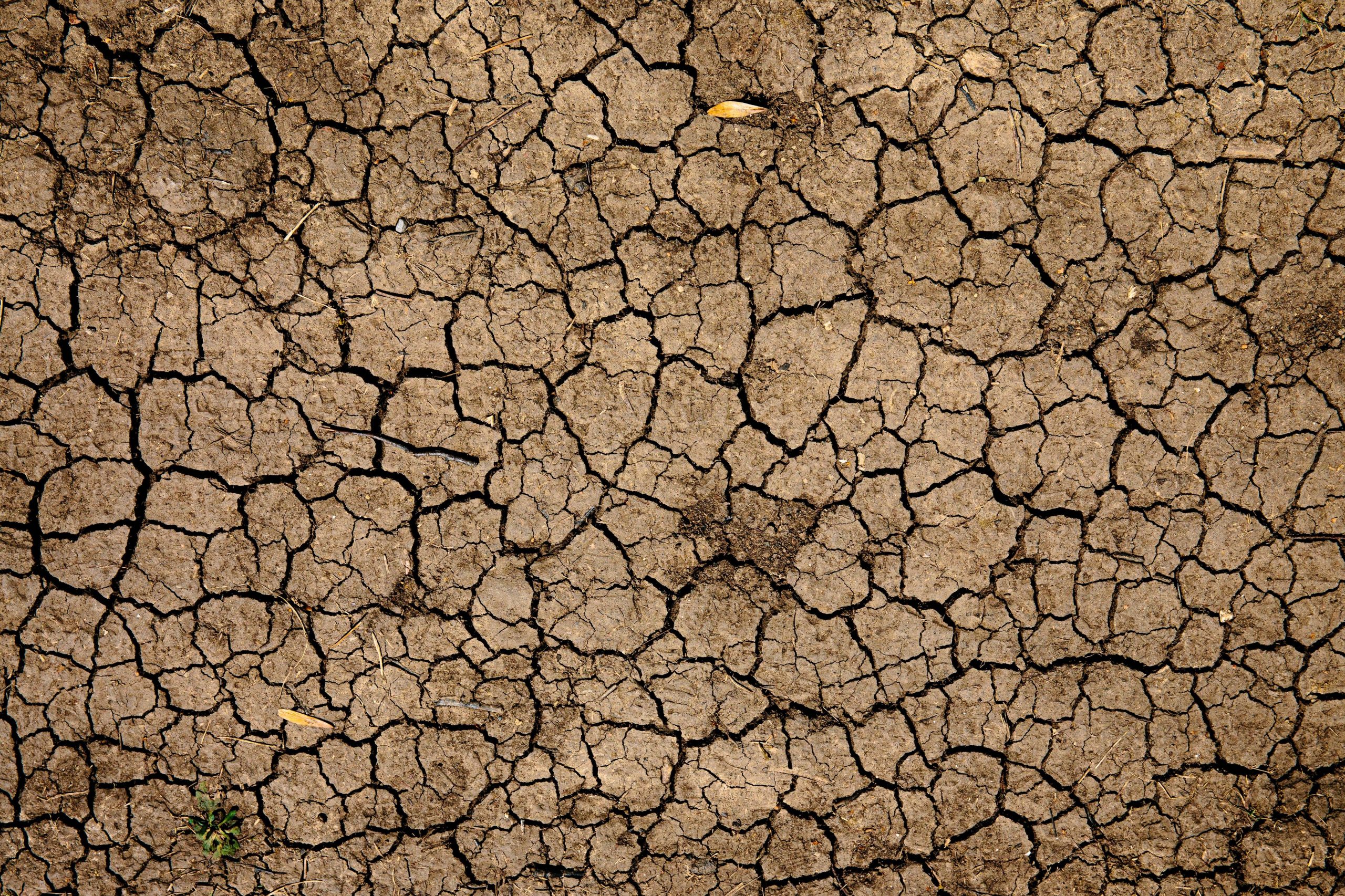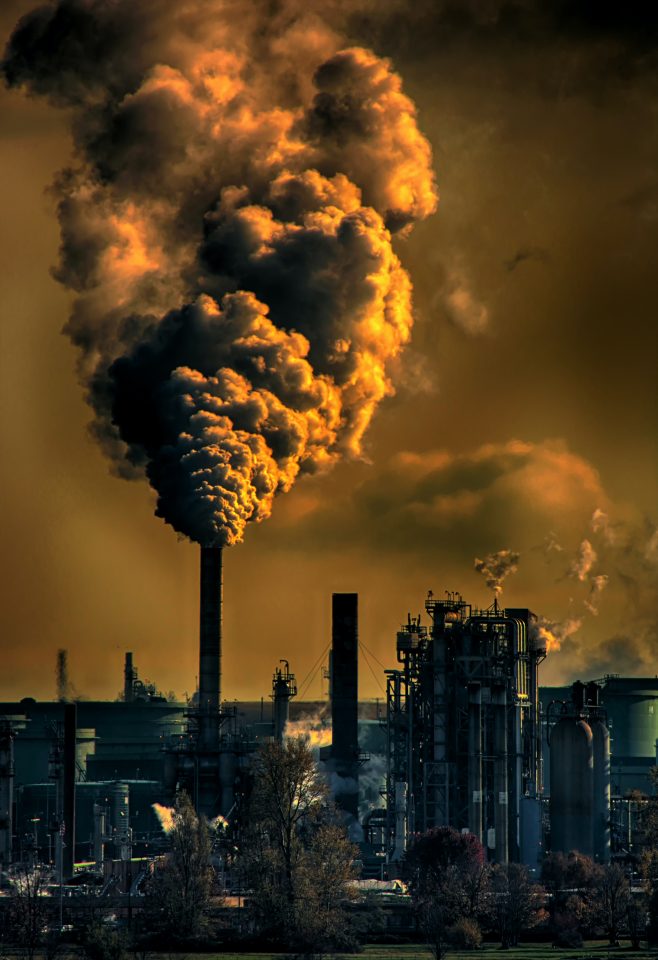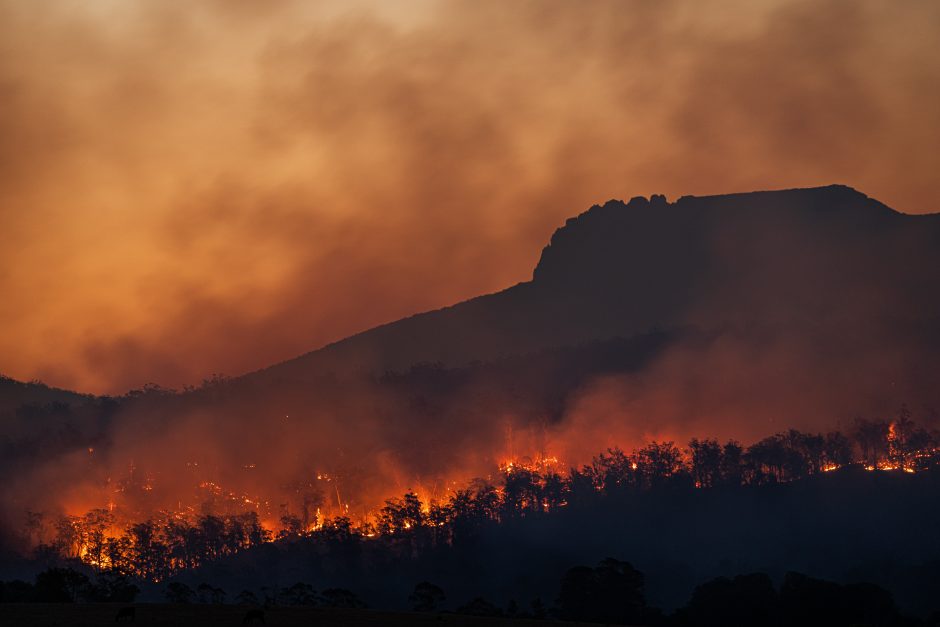Earth Day is an occasion for healthcare professionals and institutions to reflect on the link between the condition of our planet and its effects on our health. Alarmingly, a March, 2023 report from the United Nations Intergovernmental Panel on Climate Change (IPCC) describes the situation as “urgent” due to the anticipated harms caused by climate change, many of which are already being realized.

What is Climate Change?
According Environment and Climate Change Canada (ECCC), Climate change refers to long-term shifts in temperatures and weather patterns, mainly caused by human activities, especially the burning of fossil fuels. The full impact of these changes is not entirely known, but emergent observations indicate dire consequences for health that will continue to grow in severity unless substantial action is taken to reduce fossil fuel emissions and develop a climate resilient society.
This Earth Day, the UBC Office of Respectful Environments, Equity, Diversity and Inclusion (REDI) calls specific attention to climate justice, which seeks to address the inequities associated with the impacts, causes, and solutions to climate change. We remind Faculty of Medicine staff, faculty, and students that while some progress is being made, the healthcare industry plays a complex role in the quest for climate justice, contributing both challenges to its success and progress to its pursuit.
At the heart of climate justice is the tragic fact that members of marginalized communities-which include Indigenous Peoples, Black Peoples, and Peoples of Color (IBPOC)-are more acutely impacted by the negative effects of climate change than the general population.

Healthcare Facing the Impacts of Climate Change
The healthcare industry fails to adequately serve members of marginalized communities, who are more vulnerable to the negative health impacts of climate change. When climate change causes a decline in air quality, an increase in extreme weather events, rising temperatures, and higher incidences of vector-borne diseases (such as Lyme disease, malaria, Zika, West Nile Virus), marginalized communities are often the most vulnerable to the effects and least likely to receive the care they need. Therefore, greater action must be taken to address inequities in care and ensure that medical care is provided to all people.
According to Health Canada, inequities are due in part because of disparities in society, such as those related to racism, poverty, disability, colonialism, homelessness, sex and gender, and access to health care. As a result, members of marginalized communities are more like to experience the following health detriments from climate change:
- shorter lifespans
- higher rates of chronic diseases
- greater food and water insecurity in many communities
Locally, progress is being made to provide more care where it is most needed. As part of its Climate Emergency Plan UBC states that,
“in order to undo the systems of oppression that enable exploitation, UBC is working to acknowledge and reckon with its own role in contributing to the climate crisis, while leveraging its intellectual and moral authority as well as its social and financial procurement power to advance climate justice in other organizations and advocate for broader social change beyond its institutional boundaries.”
However, as the effects of climate change become more severe… more action will be needed.
Healthcare as a Cause of Climate Change
Climate justice requires that healthcare look within itself to acknowledge-and address-the role it plays in creating climate change. The UBC Faculty of Medicine Planetary Healthcare Lab—the first of its kind in Canada— examines the environmental effects of healthcare delivery and services in B.C., and works to generate solutions to chart a path forward to net zero emissions.
According to Dr. Andrea MacNeill, a surgical oncologist in Vancouver and global leader in healthcare sustainability,
“In Canada, the healthcare industry is responsible for more than four and a half percent of greenhouse gas emissions—equivalent to the aviation industry. While four and half per cent of greenhouse gas emissions may not sound like much, if we were to decarbonize healthcare, it would actually be equivalent to eliminating air travel.”
The effects of the healthcare industry’s contributions to greenhouse gas emissions have a disproportionately negative impact on marginalized communities.
One group working to address these contributions in healthcare is the Planetary Health Alliance, a growing consortium of over 350 universities, non-governmental organizations, research institutes, and government entities from 60+ countries around the world committed to understanding and addressing the impacts of global environmental change on human health and wellbeing. Their pledge for planetary health to unite health professionals in the Anthropocene calls upon healthcare professionals and institutions to recommit themselves to primum non nocere (first do no harm), recognizing that planetary health is a key foundation for ensuring human health.


Healthcare’s Conscious Pursuit of Solutions to Climate Change
Climate justice recognizes that members of marginalized communities are also more likely to be left out of and suffer from the negative downsides of solutions to address climate change. For example, in healthcare, building new, modern hospitals may be a laudable and necessary action for delivering better patient care to underserved communities, but the structural inequities in society mean that marginalized communities are more likely to be displaced or otherwise hurt by the construction process.
For this reason, Earth Day is an occasion to emphasize the importance of including and prioritizing the voices of marginalized communities as healthcare leaders seek climate change solutions that work for everyone. The March, 2023 IPCC report indicates,
“To be effective, these choices need to be rooted in our diverse values, worldviews and knowledges, including scientific knowledge, Indigenous Knowledge and local knowledge. This approach will facilitate climate resilient development and allow locally appropriate, socially acceptable solutions.”
One group working to amplify the voices of Indigenous Peoples for climate justice is Indigenous Climate Action (ICA), an Indigenous-led organization guided by a diverse group of Indigenous knowledge keepers, water protectors and land defenders from communities and regions across Canada.